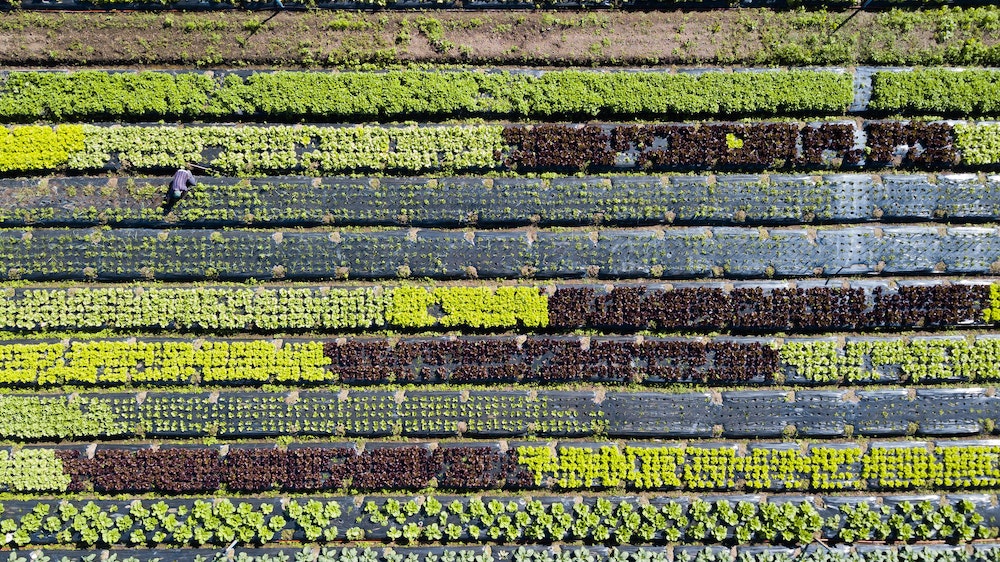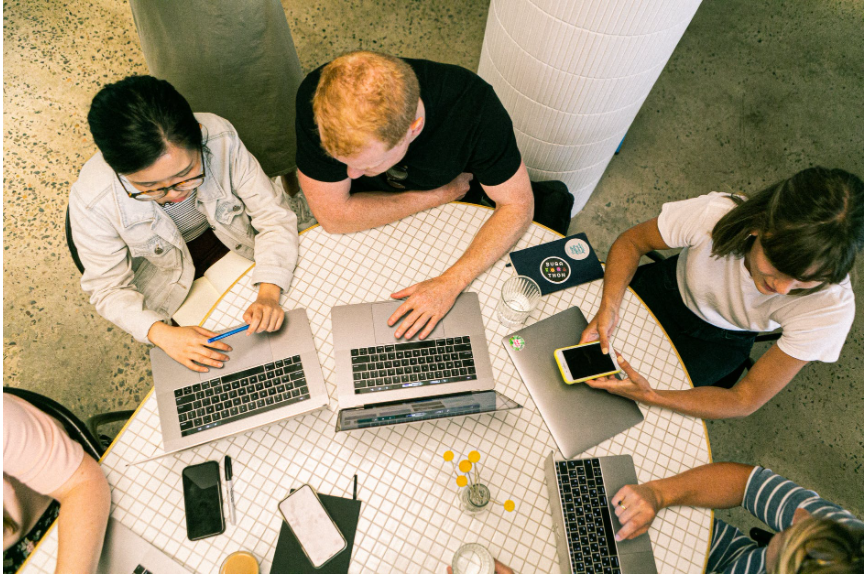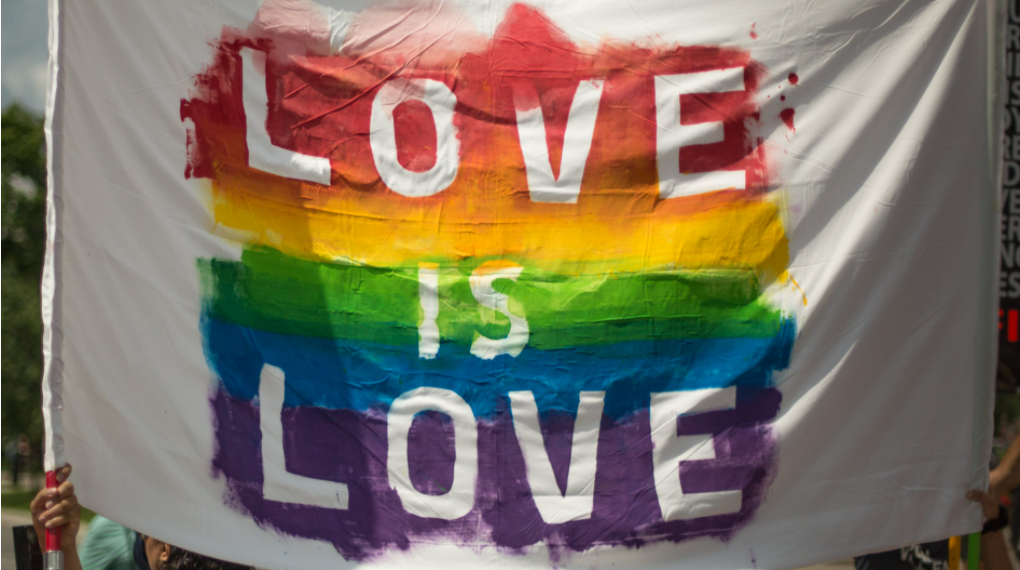Welcome to the New One Knowledge Fair!
In New One first-year students explore and question aspects of our daily lives that can easily be taken for granted — the food we eat, the languages we speak, the technology we depend on, the art we create and that surrounds us, and the science that informs our lives. New One provides students not only the opportunity to learn about the social relations that shape these familiar elements but also to reflect on the implications of the choices we, individually and as a society, make in relation to them.
Before the Covid-19 pandemic, New One students presented their research in a public event held at New College. It is with great pleasure that we move that event to this site.
COURES
2020/2021 Exhibitions

Science, Health, and Social Justice
NEW106H
Lead by Dr. Paul Whissell, NEW106H looks at how scientific knowledge and technology are mobilized to deal with global problems such as disease, mental health, discrimination, economic inequality and threats to our environment.
Student projects explore a range of health, social, and environmental issues from vaccines, to healthcare in conflict zones, industrialization and the environment, overpopulation, child labour, and mental health effects of Covid-19.

Food, Ethics, and Sustainability
NEW111H
Lead by Dr. Zhenzhong Si, NEW111 explores the key concepts, theories, and debates related to food, ethics, and sustainability. Themes include environmental consequences of the global food system, climate change, agroecology, ethical consumption, food localism, labour and justice, and food sovereignty.
Student projects explore topics related to food security, the effect of social media on food choices, and sustainable agriculture.

Language Freedom and Power
NEW112h
Lead by Dr. Dejan Ivković, NEW112 delves into the ways language is related to power, identity and freedom of expression. More specifically, the course explores language use, language presence both in public space and online as well as language maintenance and revitalization.
Student projects explore language ecology by studying the case of several Indigenous languages in Canada: Dene, Anishinaabemowin, Cree, and Inuktitut.

Unpacking Digital Technology
NEW113H
Lead by Dr. Roberta Buiani, NEW113H unpacks digital technologies and their place in our society. Digital and analog, online and offline, software and hardware, artificial and natural, are all connected and often very much jumbled together in rather complex ways. While we cannot always identify and isolate each piece of technology, we can become aware of their interconnectedness. Even though we don’t quite know how they work, we can notice how they can be combined, assembled, re-assembled, and used creatively to solve problems, to satisfy a variety of needs, and why not? To create poetic, fantastic, futuristic narratives. The projects in this collection reflect on questions such as: what are technologies? What is our relationship with them? How do data and algorithms affect our privacy and identity? How are technologies assembled, distributed and discarded?

Art for Social Change
NEW114H
Lead by Dr. Teresa Ascenção, NEW114 explores how art can draw attention to social problems, mobilize support for and symbolize social movements, and inspire new visions for imagined futures. For the Knowledge Fair, students delved into art-making to apply knowledge about the contributions of contemporary art towards social and environmental change. In this inquisitive and hands-on New One course, students read about socio-political artworks including Artivism, experienced transformative art through guest artist presentations and workshops, visited online art spaces such as Tangled Art + Disability, and wrote a paper about a political artwork that is advocating for a particular cause. After being inspired by the power of art for change, students created the following compelling works.